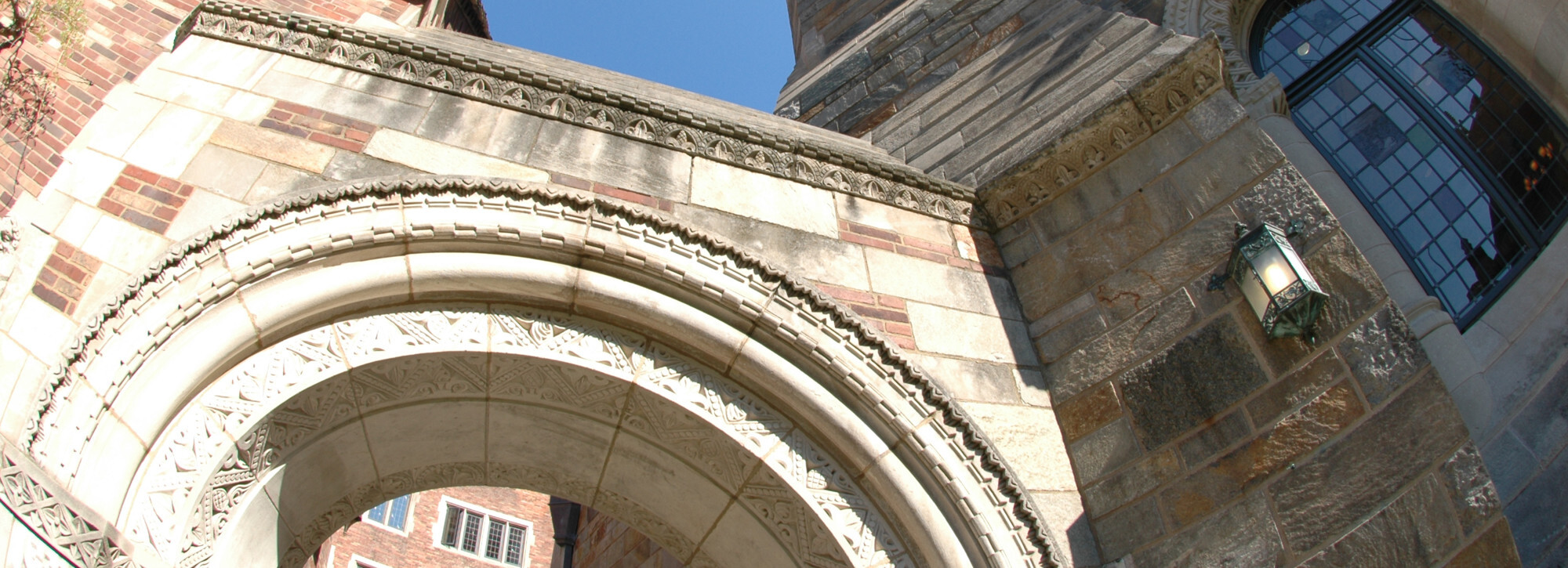The Career Options Assistance Program (COAP)
Law school is expensive. With tuition exceeding $70,000 per year at top private law schools, many prospective students worry about how they will pay for their student loans after graduation. While young lawyers who work for large firms may be able to shoulder the burden of educational debt with relative ease, private practice is not for everyone. Some students dream of jobs in smaller firms, nonprofit organizations, public interest, government service or academia. These are jobs that typically pay less than those at large firms. Yale Law School has pioneered a loan repayment assistance program to allow these students to take their dream jobs without worrying about their student loans.
Established in 1989, the Career Options Assistance Program (COAP) was one of the first loan forgiveness programs of its kind. Since its inception, it has served as a model for similar programs at law schools across the country. Today, it is one of the most distinctive, generous, and flexible loan forgiveness programs available at any law school. Our goal is to make it easier for our students to take the job of their choice. To that end, COAP participants making less than a set income threshold will not be expected to make contributions toward their law school loans subject to minimal eligibility requirements. Those with adjusted incomes above that level will be asked to contribute a portion toward repaying their law school loans, with COAP covering the rest.
Contact Information -
(203) 432-1688
